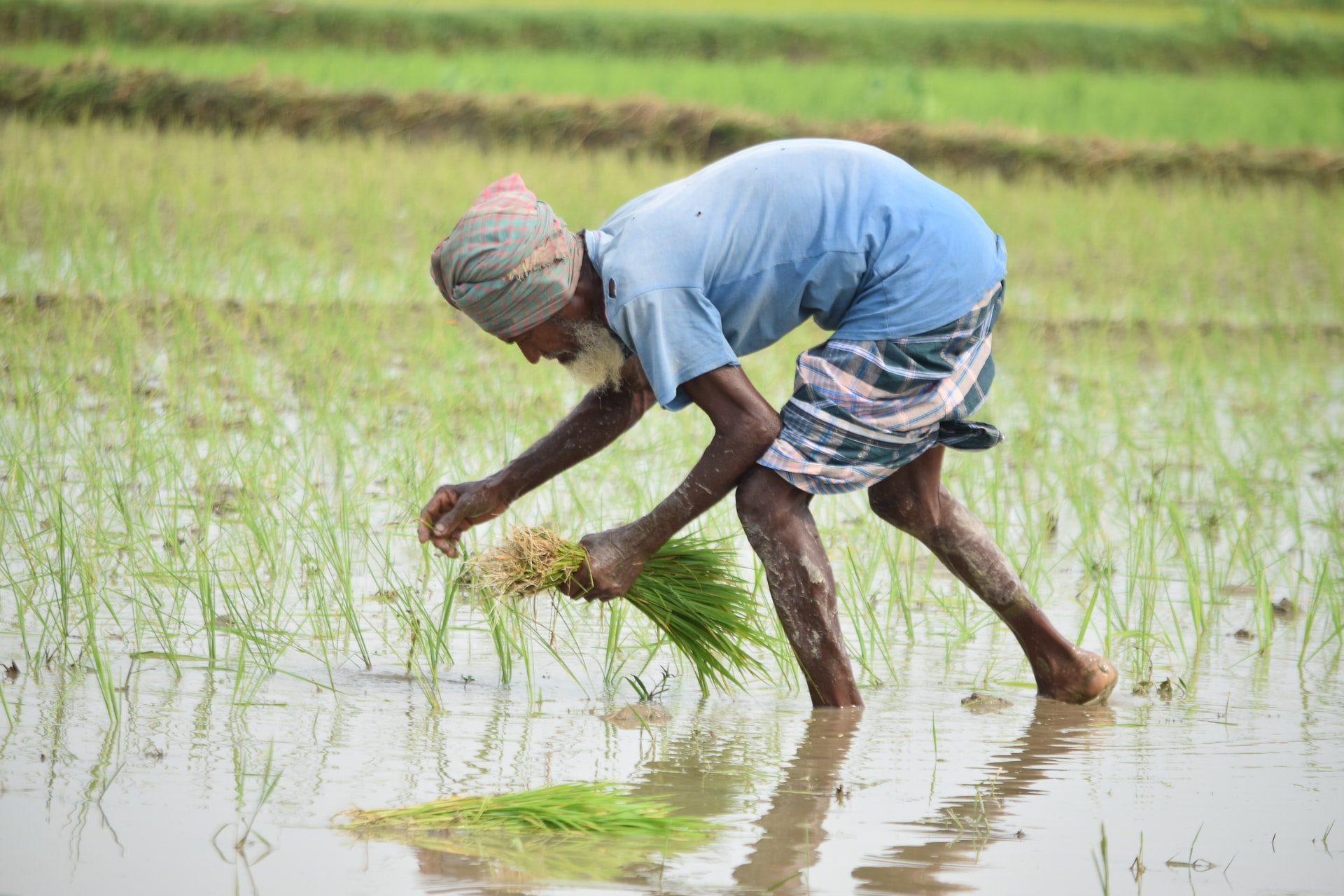Mobilizing P2P Diffusion for New Agricultural Practices: Experimental Evidence from Bangladesh
HKUST IEMS Working Papers No. 2021-78
SHARE THIS

We run a randomized controlled experiment in which farmers trained on a new rice cultivation method teach two other farmers selected by us. We find that the intervention increases yields and farm profits among treated farmers. Teacher-trainees are effective at spreading knowledge and inducing adoption relative to just training. Incentivizing teacher- trainees improves knowledge transmission but not adoption. Matching teacher-trainees with farmers who list them as role models does not improve knowledge transmission and may hurt adoption. Using mediation analysis, we find that the knowledge of the teacher-trainee is correlated with that of their students, consistent with knowledge transmission. We also find that SRI knowledge predicts adoption of some SRI practices, and that adoption by teacher-trainees predicts adoption by their students, suggesting that students follow the example of their teacher. With cost-benefit estimates of social returns in excess of 100%, explicitly mobilizing peer-to-peer (P2P) transmission of knowledge seems a cost-effective way of inducing the adoption of new profitable agricultural practices.
This version is updated on 27 January 2021 (Hong Kong time).
About the authors
Marcel Fafchamps is a senior fellow at Freeman Spogli Institute for International Studies, Stanford University.
Asad Islam is the Director of the Centre for Development Economics and Sustainability (CDES) and Professor at Monash University.
Abdul Malek is an Associate Professor teaching Development Economics and South/Southeast Asian Studies at the University of Tsukuba.
Debayan Pakrashi is an Associate Professor of Economics at the Indian Institute of Technology (IIT) Kanpur.
Get updates from HKUST IEMS






